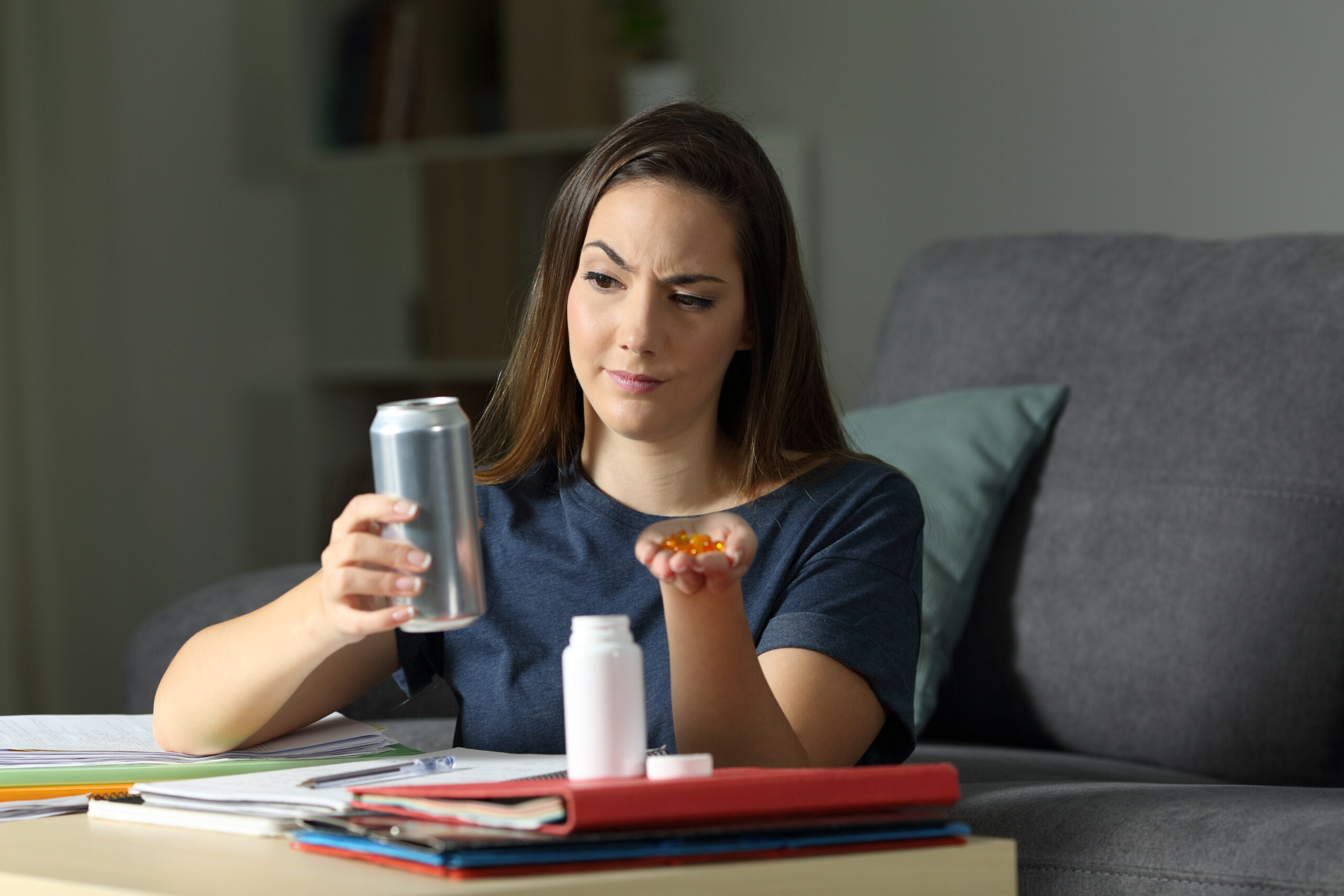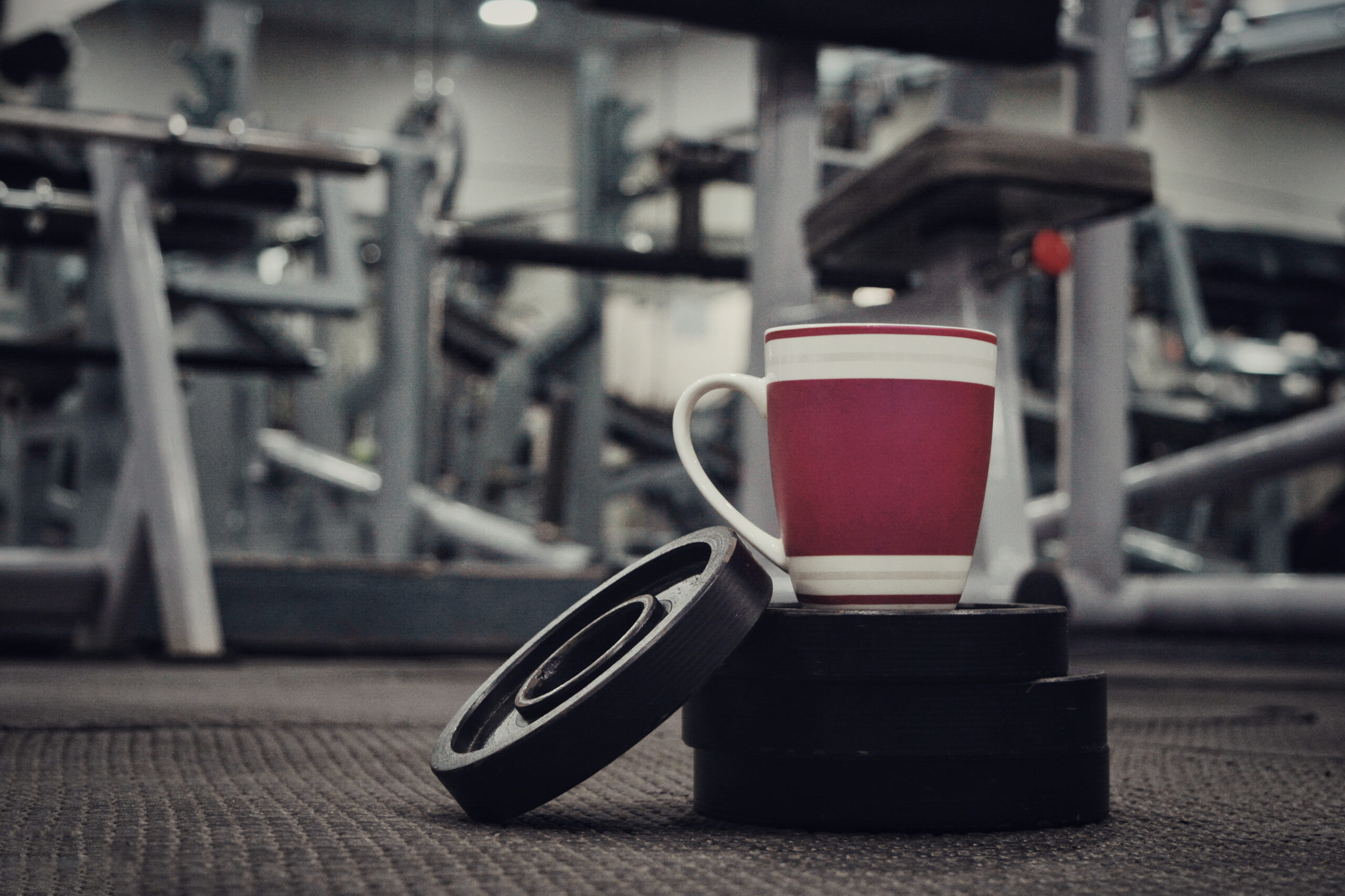
July Blog
While the rest of the world sleeps, some of the most critical jobs are being done. Nurses making hourly rounds, EMTs responding to emergencies, security

While the rest of the world sleeps, some of the most critical jobs are being done. Nurses making hourly rounds, EMTs responding to emergencies, security

While the rest of the world sleeps, some of the most critical jobs are being done. Nurses making hourly rounds, EMTs responding to emergencies, security

Summer road trips are a rite of passage—sun-soaked highways, playlists blaring, and the freedom of the open road. But no matter how scenic the drive, long hours behind the wheel can lead to one common problem: drowsiness. Fatigue isn’t just a minor inconvenience on the road—it’s a serious hazard. That’s where Jet Alert steps in […]

For many people, mornings don’t officially begin until that first sip of coffee hits. It’s a daily ritual that feels comforting, but it may not

Jet lag is one of the most frustrating side effects of long-distance travel. Crossing multiple time zones disrupts the body’s internal clock, leading to fatigue,

Whether you’re cramming for exams, working late on a big project, or pulling an all-nighter to meet a deadline, caffeine can be a powerful tool to help you stay alert. However, using caffeine incorrectly can lead to jitters, energy crashes, and next-day exhaustion. To make the most of your all-nighter while minimizing negative side effects, […]

The holiday season is a bustling time of year filled with responsibilities, social obligations, and endless to-do lists. Between shopping for gifts, attending gatherings, cooking

Caffeine is an essential part of daily life for millions of people worldwide, celebrated for its ability to boost energy, increase focus, and enhance productivity.

Winter can be a challenging time for maintaining energy levels and overall well-being. With shorter days, longer nights, and colder temperatures, it’s natural to feel a dip in energy and motivation. Yet, many find solace in a warm, comforting cup of coffee or tea. Caffeine, the primary stimulant found in these drinks, has been a […]

Caffeine is one of the most widely consumed substances in the world, part of daily rituals in countless cultures. Whether through a steaming cup of


